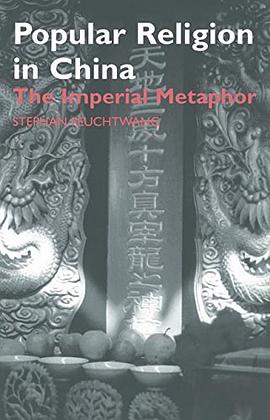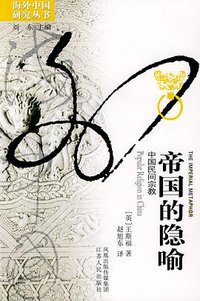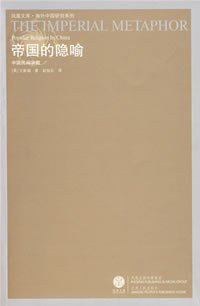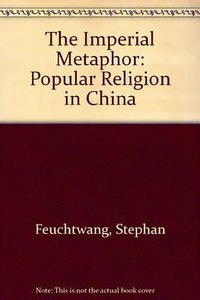Popular Religion in China
Douban
The Imperial Metaphor
Stephan Feuchtwang
résumé
The institution of local festivals and temples is not as well known as that of ancestor worship, but it is just as much a universal fact of Chinese life. Its content is an imperial metaphor, which stands in relation to the rest of its participants' lives as the poetry of collective vision, theatrically performed, built and painted in temples, carved and clothed in statues. Stephan Feuchtwang has brought together unpublished as well as published results of his own and other anthropologists' fieldwork in the People's Republic of China and Taiwan and put them into an historical, political and theoretical context.
Students of anthropology will be intrigued. This is not a religion of a Book. Nor is it one of the named religions of China. Popular religion includes some elements of both Buddhism and the former imperial cults, more of Daoism, but it is identifiable with none of them. It is popular in the sense of being local and true of the China of the Han, or Chinese-speaking people, where every place had or has its local cults and the festivals peculiar to them. Its rites, in particular offerings of incense and fire, suggest a concept of religion. It is quite different from theories of religion based on doctrine and belief.
Students of politics will also find here vital and new perspectives. Politics is never far from religion, least of all in the People's Republic of China or colonial and post-colonial Taiwan.
contents
Preface v
Acknowledgements x
1 History, identification and belief 1
2 The annual apocalypse 27
3 Official and local cults 63
4 Local festivals and their cults 95
5 The incense-burner: communication and deference 133
6 Daoism and its clients 159
7 Ang Gong, or the truth of puppets 191
8 The politics of religion and political ritual 211
Notes 247
References 255
Glossary 265
Index 275



